Top 7 Croatian Culture, Customs and Etiquette
What social conventions and protocol are customary in Croatia? What actions are appropriate and inappropriate when you're welcomed to someone's home or meet ... read more...for coffee? How do you enter a Croatian meal, be greeted, socialize, and meet people? Here are the Croatia Culture, Customs and Etiquette.
-
Croatians are more timely and have a more laid-back outlook on life. When someone asks you to meet them at 2:00 pm, they usually mean 2:15 pm or even a little later because things frequently run late. In the workplace, things are a little more "on time," but in daily life, individuals aren't too bothered by set schedules for meetings, departures, etc. It's not considered rude in Croatia if someone is a little late to meet you, so don't take offense.
The word "polako," which means slowly or to slow down, is used a LOT in Croatia. Someone will say "polako" if you try to rush them. Someone will shout "polako" if they notice you rushing. They will say "samo polako" when you tell them you are on your way (just slowly). This word effectively captures Croatia's "punctuality" culture.

https://www.timeclick.com 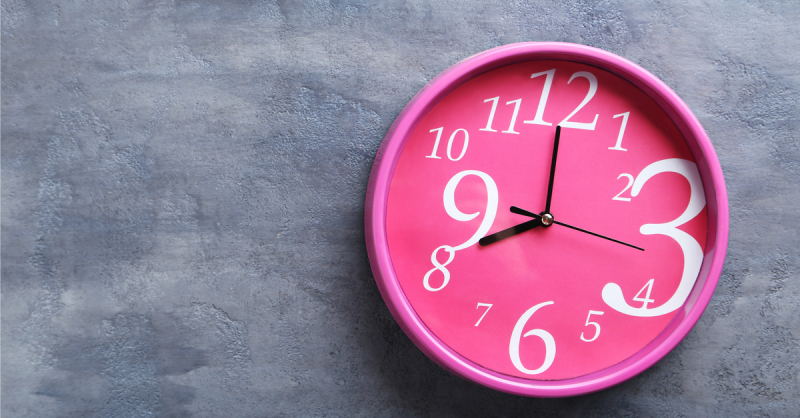
https://www.everydaygyaan.com -
Croatians are known for their elegant clothing and attention to detail. Rarely will you see someone around town who is in disarray. Even for a carton of milk, people in this country wait until they are very well-presented (hair, makeup, and attire) before leaving the house.
Croatians are known for their elegant clothing and attention to detail. Rarely will you see someone around town who is in disarray. Even for a carton of milk, people in this country wait until they are very well-presented (hair, makeup, and attire) before leaving the house. However, there is an odd phenomena with regard to sports/track pants and sweaters.
However, there is an odd phenomenon with regard to sports/track pants and sweaters. Men can be seen all over town wearing this kind of "sports clothing," but I haven't yet seen a woman do the same. It's not unusual to see a man in a tracksuit walking alongside a woman who is dressed for a formal dinner party.
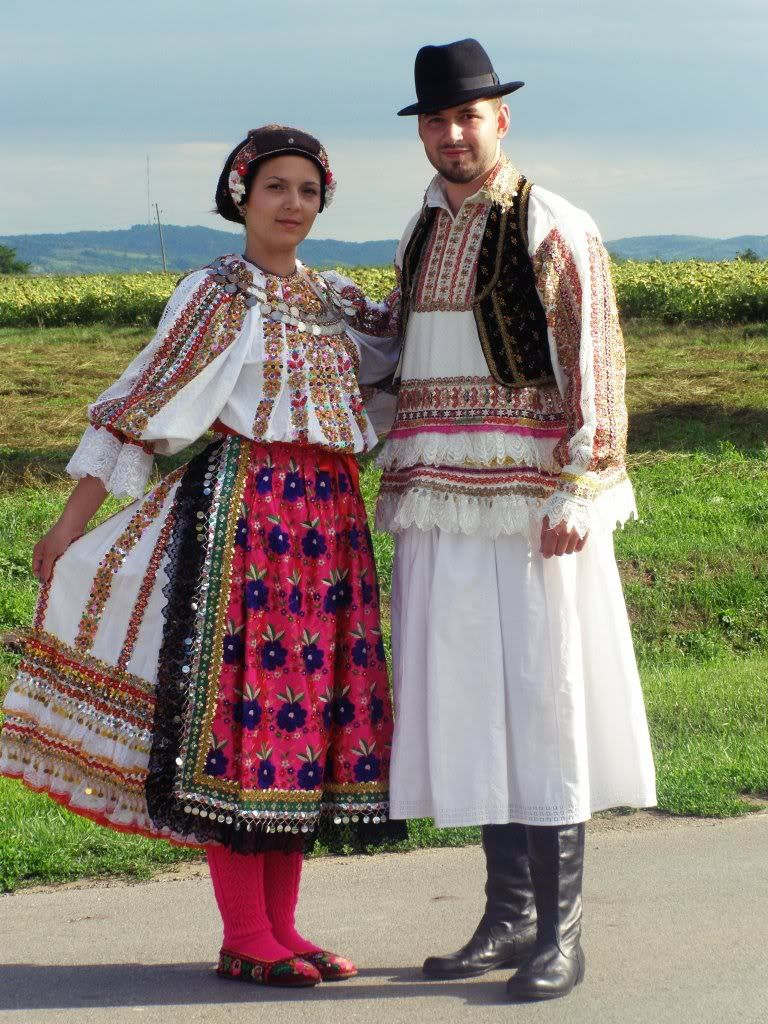
https://www.pinterest.jp 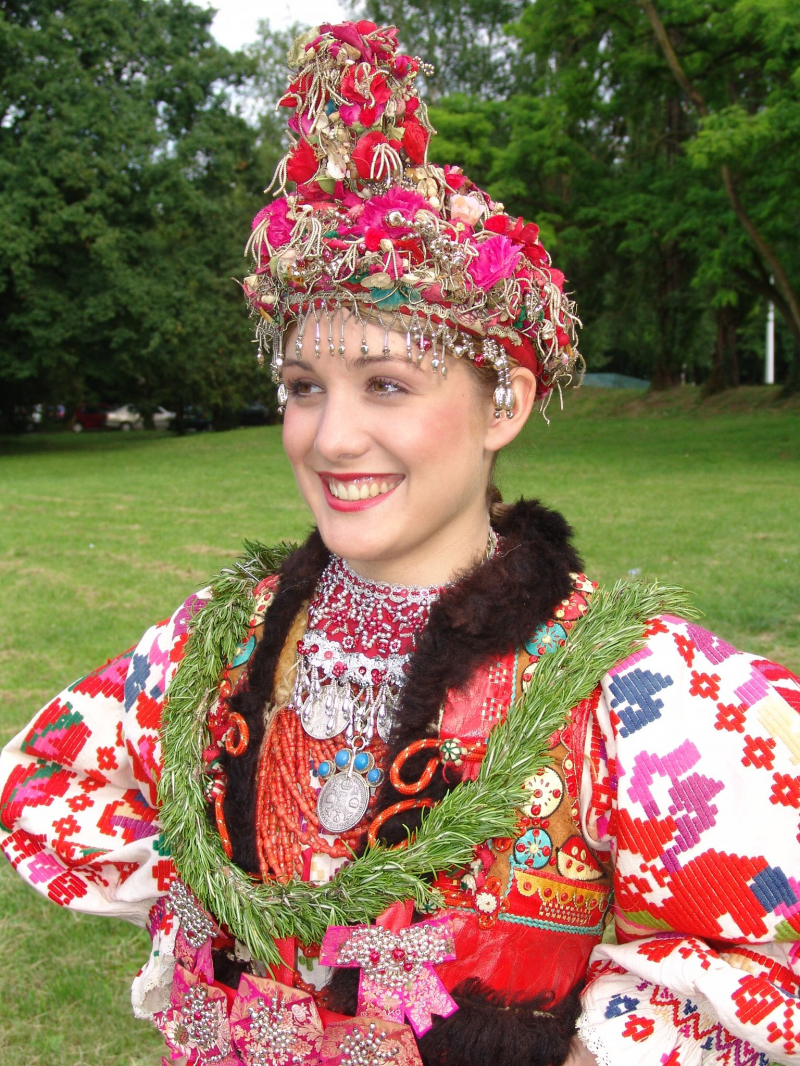
https://www.pinterest.com -
In Croatia, there are a few different methods to greet someone. It is rather tricky and depends on the other person's proximity to you as well as your gender. Whether they are family members or complete strangers, guys virtually universally shake hands when they greet one another (although they occasionally give each other a double cheek kiss and a hug if they are very close friends). If a man and woman are close friends, they will simultaneously kiss each other on the cheeks and shake hands.
They will shake hands when they first meet if they are just acquaintances. Women kiss the cheeks of their female friends and occasionally give them hugs, but they shake hands with strangers. Typically, people will only kiss children on the head. With youngsters, there's no need for handshakes or double cheek kisses, which makes things easier.
- You do the same exchange when you greet someone, as you do when you say goodbye.
- With handshakes, it’s important to look the other person in the eye.
- Men will always shake a woman’s hand first when in a group.
- With the double cheek kiss, there’s no hard rule on what cheek to kiss first. Just let the other person start and follow their lead, or you could end up with a big ol’ kiss on the lips if you both lean to the same side at the same time.
- With kisses, the numbers are important. Two is the magic number (one kiss per cheek). If you greet someone with a kiss on only one cheek and pull back, the other person will have already leaned in to your other cheek and it will be weird.
- Don’t try to kiss three times, either. That’s the custom in nearby Serbia and then you’ll will be the awkward one who leaned in when they pulled back.
- Sometimes, one person will go in for the kiss, and the other will go for the handshake, and it can be embarrassing. It happened to me plenty of times after moving here, while I was still learning to read the situation and understand these cultural greetings.

http://www.timeout.com/ 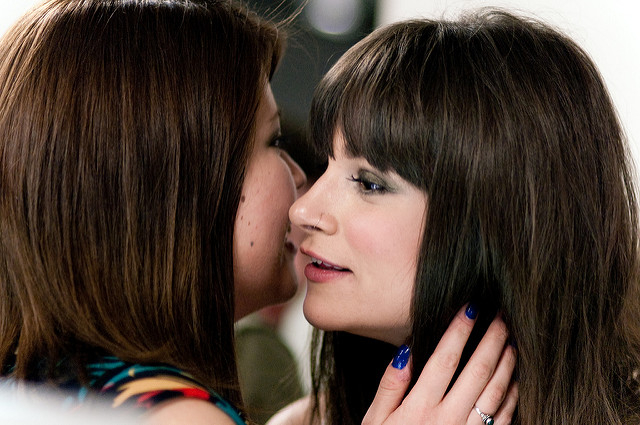
http://www.easycroatian.com/ - You do the same exchange when you greet someone, as you do when you say goodbye.
-
Most conversations are had over coffee. You'll either meet somewhere in the city or "skuhati kavu" at someone else's home (cook coffee). You can bring a little present when you visit someone at home, but if it's a close friend who you see frequently, a gift isn't really necessary.
When you arrive at someone's home after being invited, they will always offer you slippers. People will also anticipate that you'll have spare slippers for them if they come into your home, even though you're not required to wear them (although they'll be confused if you don't). In most cases, there are several various sizes of "guest slippers" in every home!
You can escape the slipper problem if you meet for coffee at a café, but there will usually be a "battle" over who gets to pay at the end of the meeting. When your gathering is over, someone will grab the receipt, and usually, the one who grabs the receipt first wins (and get to pay). The other person begs the winner to let him pay instead after the winner accepts the receipt, but the winner refuses. People enjoy treating their friends when they get together for coffee or a drink, so it's funny to observe this "receipt fight" every time.
However, it's important to note that you have the advantage of being able to cover the cost if you were the one who specifically organized the gathering and invited the other person. Another point is that making plans to meet up with friends is not too difficult in Croatia. A gathering need not be planned weeks in advance. Usually a day or two will do (and occasionally, gasp!, you can even make plans for later that day). If it's too far in advance, most people won't even firmly commit to anything. In the near future, they enjoy setting up coffee dates to see what else is going on in each other's life.
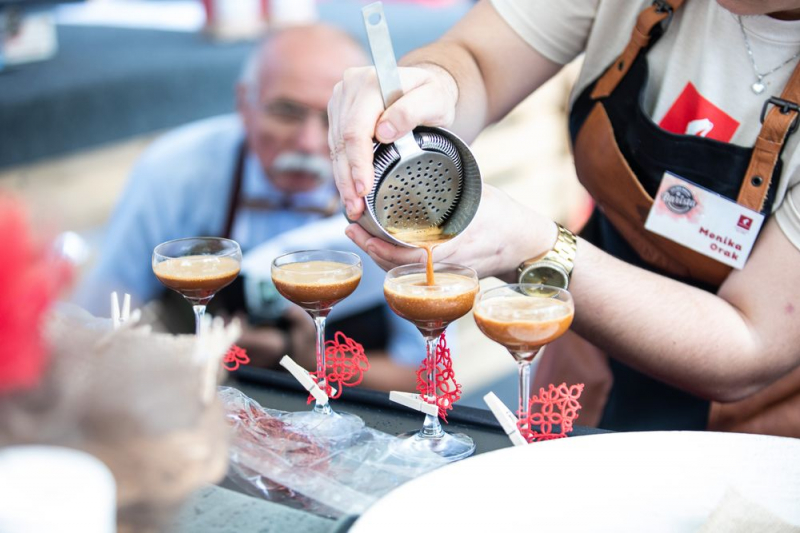
https://www.croatiaweek.com/ 
https://hautepinkpretty.com -
People in Croatia start out with zero trust in one another, but as you get to know one another better, trust grows. Once it does, you're "in" for life. The same is true with friendships (as trust goes hand in hand with friendship, of course). In North America, a stranger can instantly become your best friend, but these "friends" are rarely there for you when you need them the most.
True friendships in Croatia take a very long time to develop (months or even years), but once they do, they'll go above and beyond to support you and the relationship will last a lifetime.
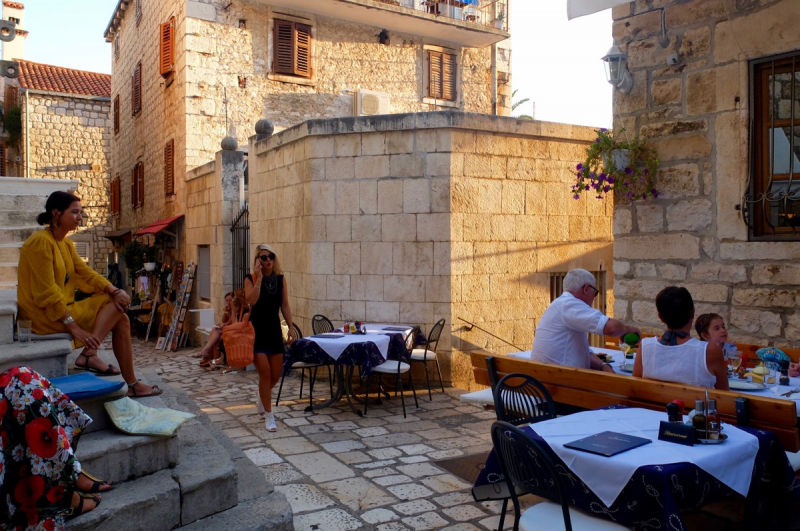
http://girlinflorence.com/ 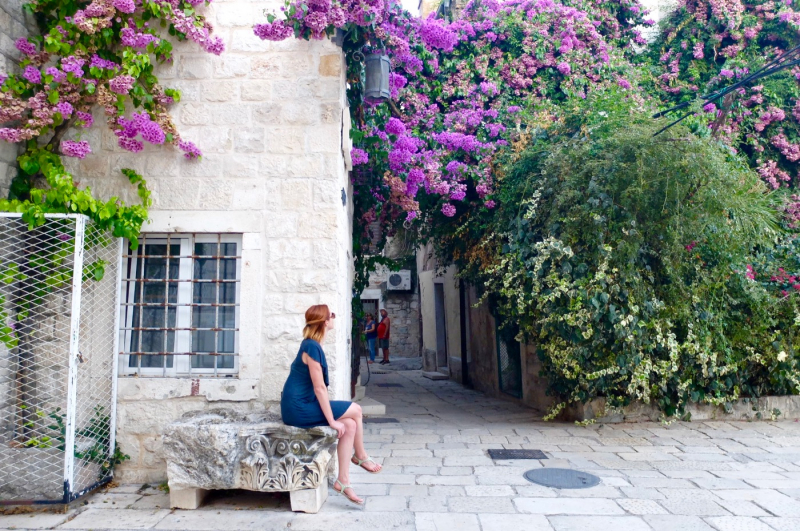
http://girlinflorence.com/ -
Bringing a modest gift when you are invited to someone's home is customary in Croatia. Nothing extravagant, just a bottle of wine, some chocolate, or a package of cookies. Here, it's also customary for the host to accept the gift and open it right away (provided it is wrapped or placed in a gift bag, of course).
Flowers are pleasant too, but they only bring an odd number; reportedly, an even number of flowers is only presented in cases of bereavement. Bringing a small gift for young children when visiting a family with kids is also customary (this can be something small like a Kinder Egg, some candy, a simple toy). Kids enjoy having visitors over since they typically receive a tiny treat:)
Invited to "lunch," which in North American parlance is really an early dinner: In Croatia, lunch is the largest meal of the day and is typically eaten late in the day, between 2-3pm. You won't get sandwiches if you're asked over for lunch! On Sundays, when the most special meal of the week is made, you'll typically be asked over. Don't take the invitation to lunch lightly; it's a huge deal.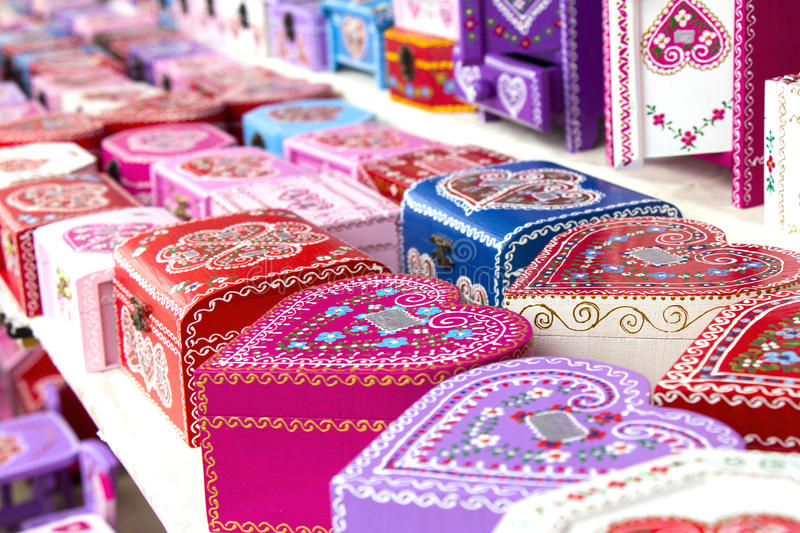
https://www.dreamstime.com/ 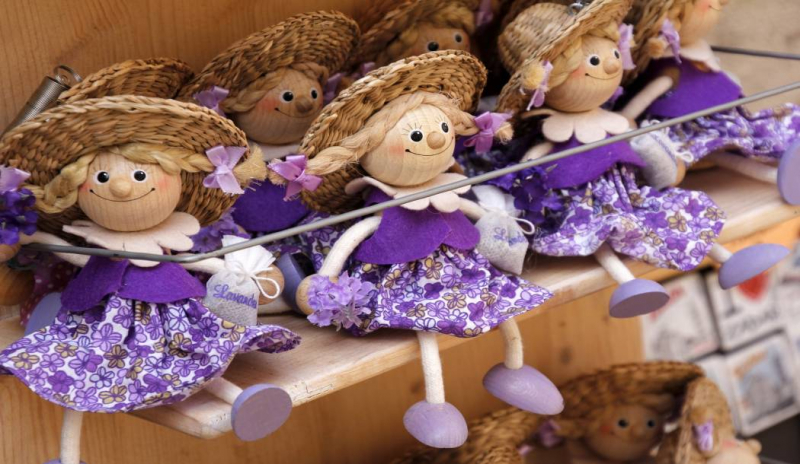
https://www.livecamcroatia.com/ -
In Croatia, it's customary to refrain from visiting a newborn during the first 40 days following birth (referred to as "babinje"), unless you've been specifically invited or are a member of the baby's immediate family, such as a parent, sibling, or parent. After the 40 days are up, visitors go cautiously toward the new arrival. In accordance with custom, you either provide a present for the infant or leave some cash beneath his or her pillow (or, if there isn't one, somewhere close to the child's head).
While chatting over coffee, you may enjoy all the cuteness. By this time, everyone is feeling a little more confident, and inviting company over is simpler. It's highly rigorous even to visit a mother and infant in the hospital. Visitation hours at public hospitals are limited to one hour every day (at least in Zagreb) (and only one visitor at a time is allowed in the room). Frequently, the nurses may even bring the newborns to the nursery during visiting hours so that no guests can hold or approach them.
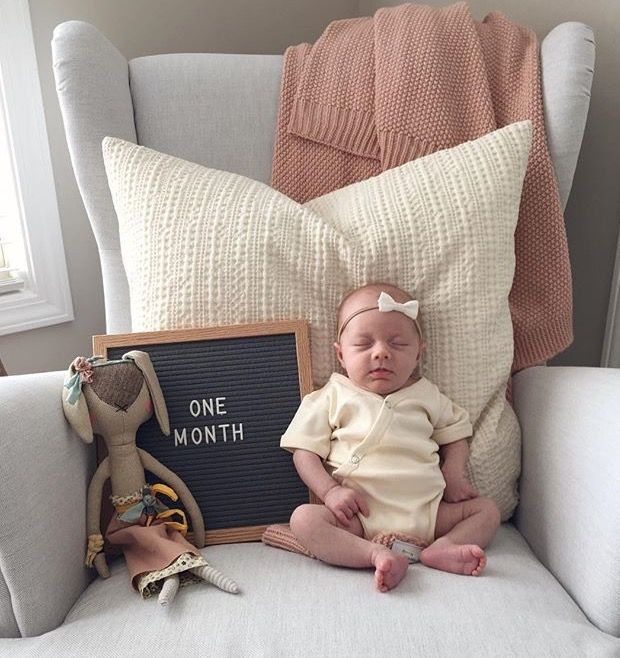
https://olamolikphotography.com/ 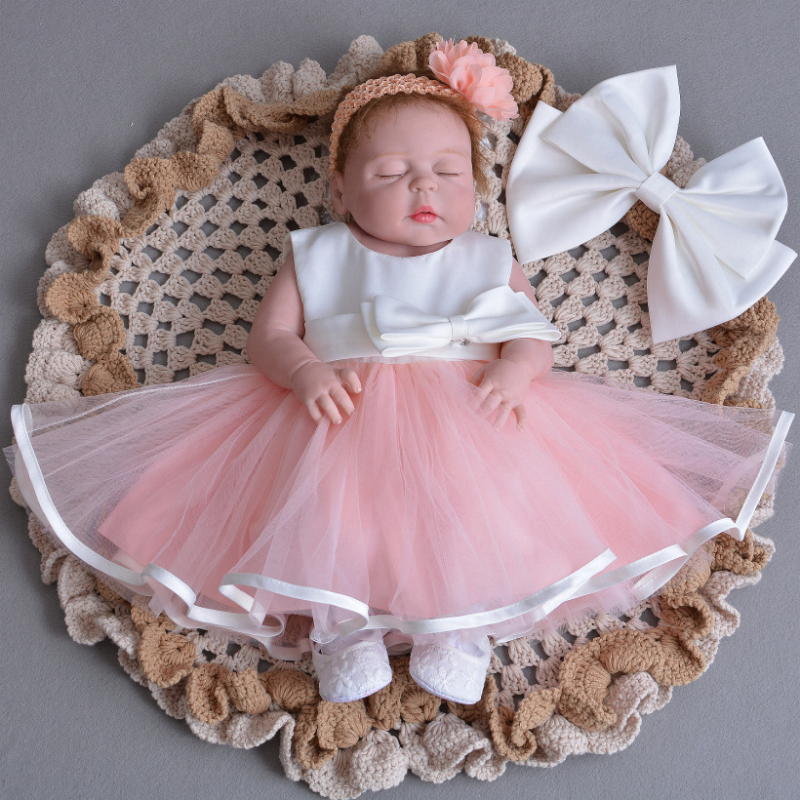
https://www.aliexpress.com




























